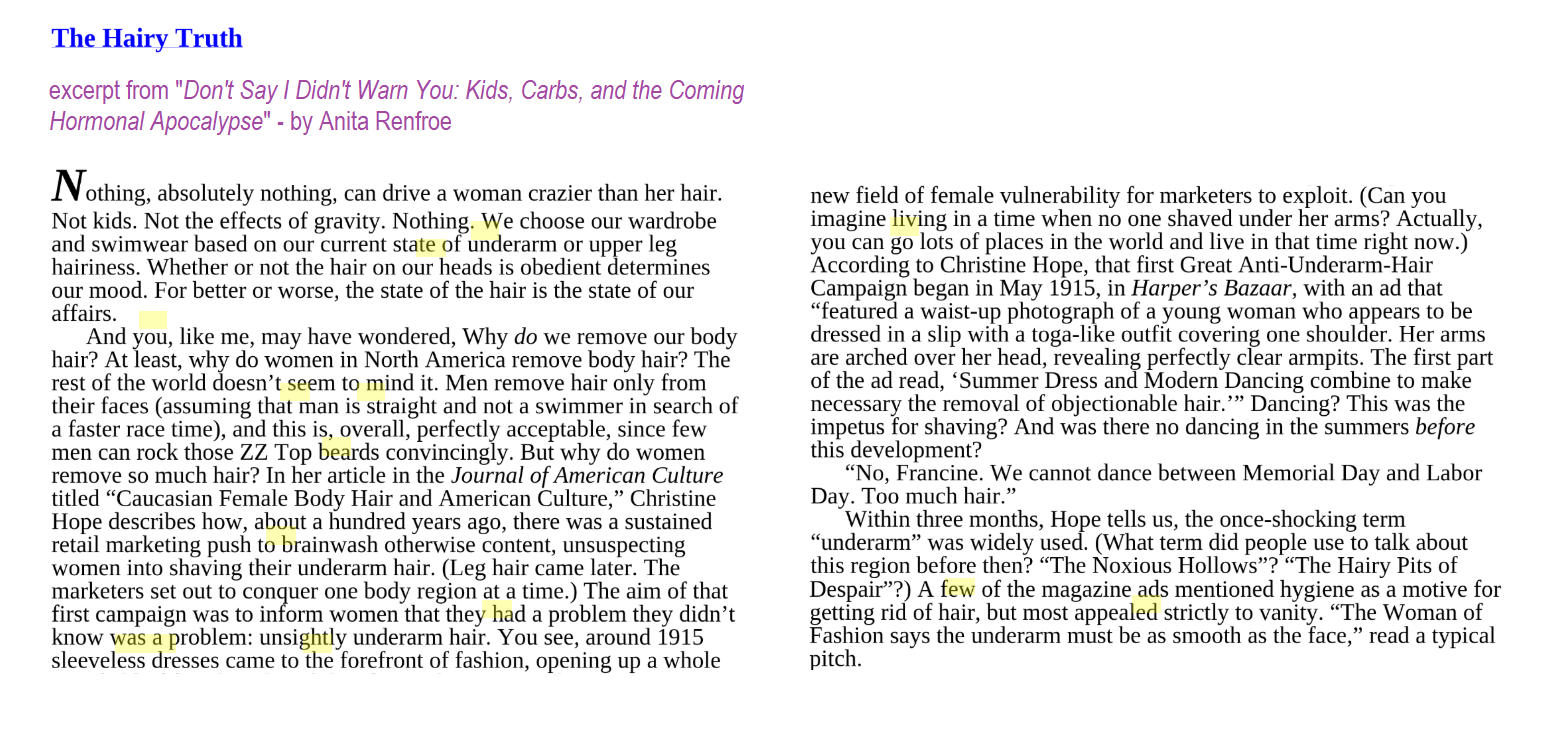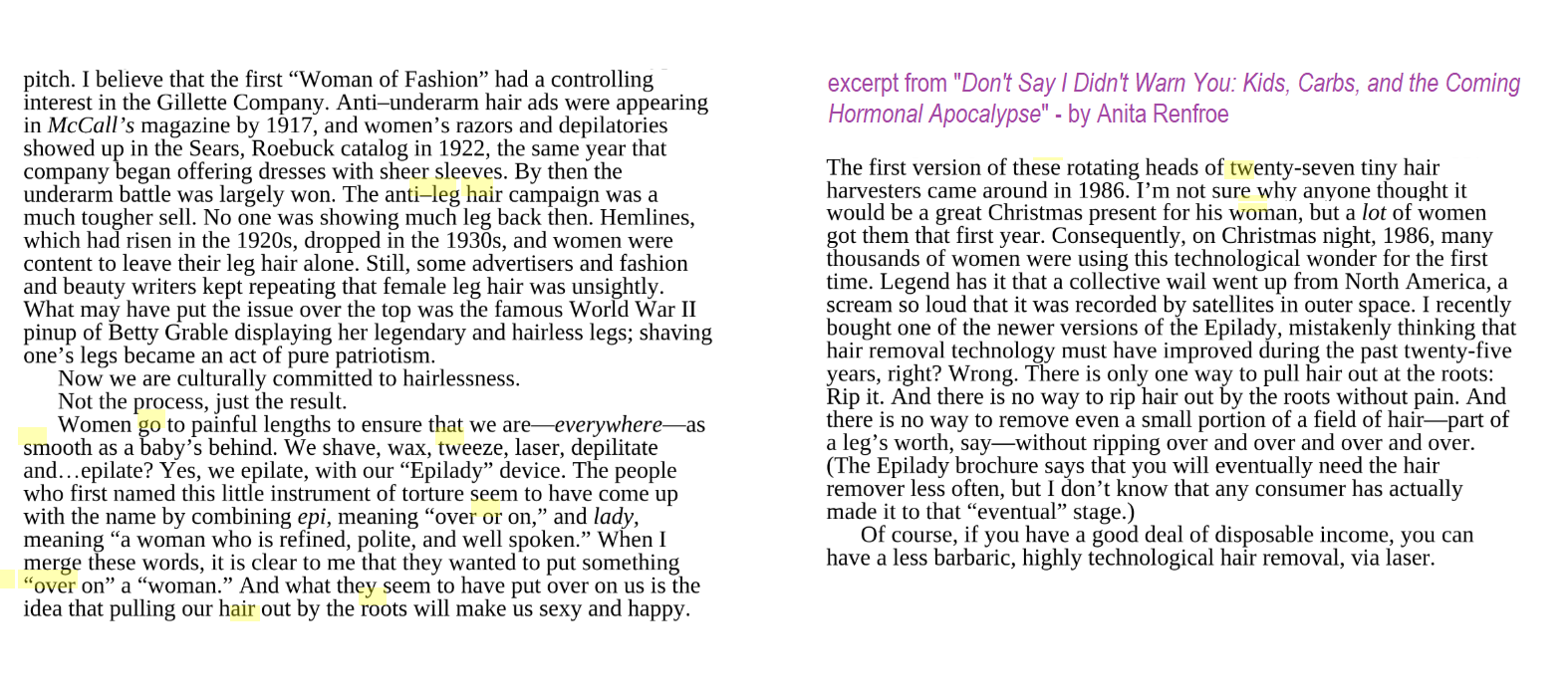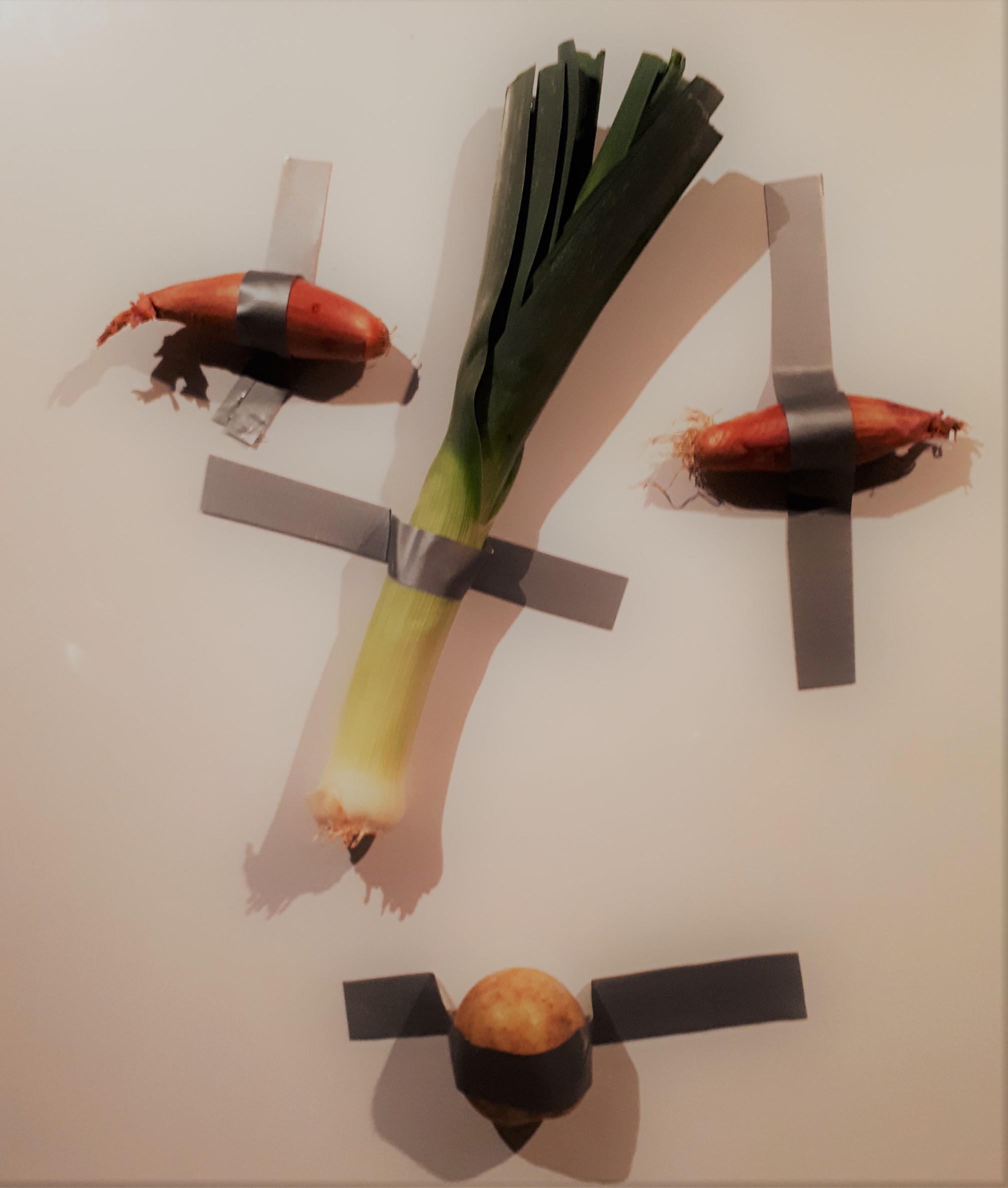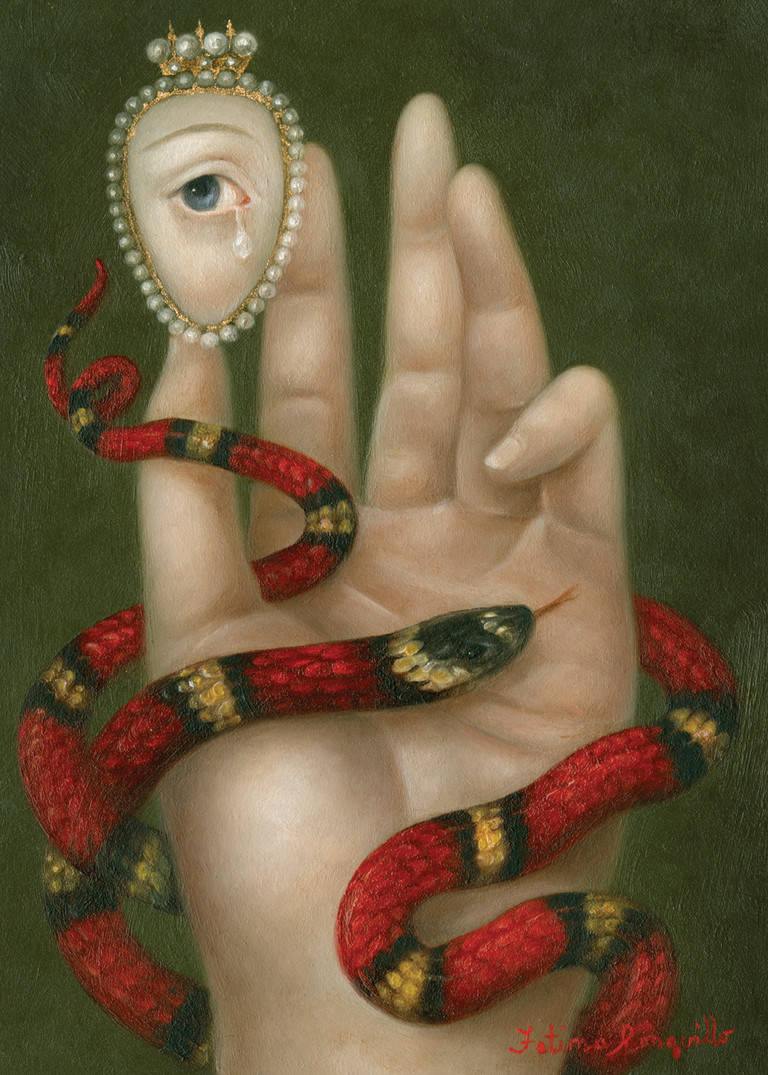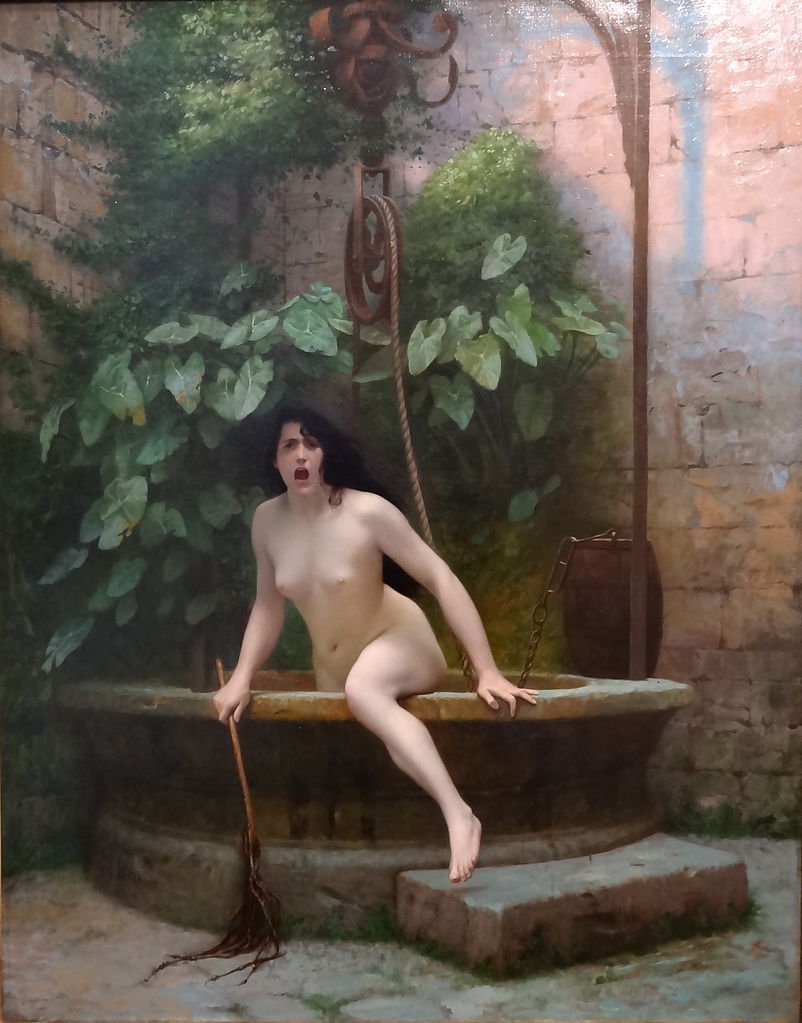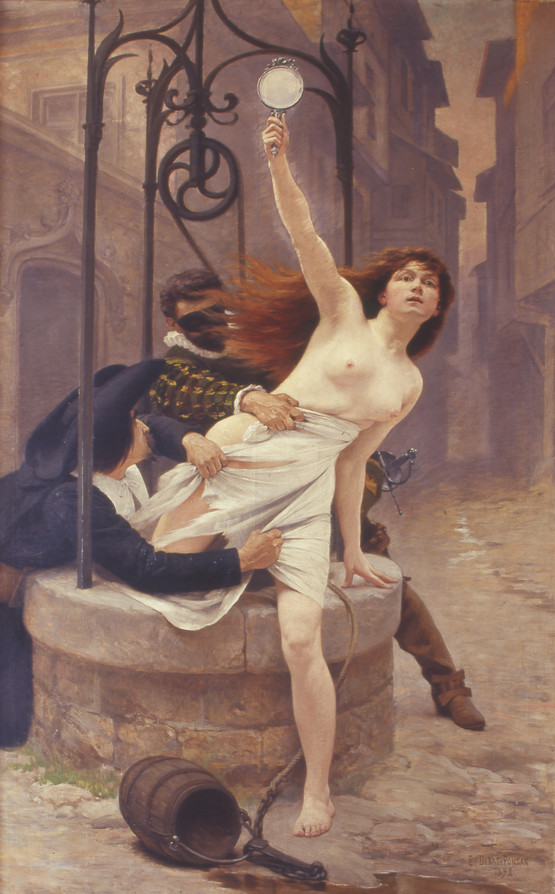Loch Lomond (18th century Scottish love song)
By yon bonnie banks and by yon bonnie braes,
Where the sun shines bright on Loch Lomond,
Where me and my true love were ever wont to gae,
On the bonnie, bonnie banks o’ Loch Lomond.
Chorus:
O ye’ll tak’ the high road, and I’ll tak’ the low road,
And I’ll be in Scotland a’fore ye,
But me and my true love will never meet again,
On the bonnie, bonnie banks o’ Loch Lomond.
‘Twas there that we parted, in yon shady glen,
On the steep, steep side o’ Ben Lomond,
Where in soft purple hue, the highland hills we view,
And the moon coming out in the gloaming.
Chorus
The wee birdies sing and the wildflowers spring,
And in sunshine the waters are sleeping.
But the broken heart it kens nae second spring again,
Though the waeful may cease frae their grieving.
Chorus
O ye’ll tak’ the high road and I’ll tak’ the low road,
And I’ll be in Scotland afore ye.
But me and my true love will never meet again,
On the bonnie, bonnie banks o’ Loch Lomond.
Στις ωραίες όχθες της Λοχ Λόμοντ
(Παραδοσιακό της Σκωτίας, ερωτικό μοιρολόι)
Εκεί στις πανώριες τις όχθες, τις πλαγιές
στο ηλιόφως που πέφτει στη Λοχ Λόμοντ
η αγάπη μου και γώ πηγαίναμε μαζί
στις πεντάμορφες όχθες της Λοχ Λόμοντ
Ω, πάρε το δρόμο σου συ κι’ ακολουθώ
και θά ‘μαι στη Σκωτία πριν να φτάσεις
μα η αγάπη μου και εγώ δε θα σμίξουμε ξανά
στις πανώριες τις όχθες της Λοχ Λόμοντ
Χωρίσαμε ‘κεί στην πλαγιά τη σκοτεινή
στο σκιερό το λαγκάδι του Μπεν Λόμοντ
στ’ απαλό πορφυρό, τους λόφους τους μαβιούς
καθώς νύχτωνε κυττώντας τη σελήνη.
Τα πουλιά κελαηδούν, τ’ αγριολούλουδα ανθούν
τα νερά στο ηλιόφως κοιμούνται
μα η καρδιά που πονά δε γνωρίζει αναπαμό
τι κι αν πάψει θρηνώντας να δακρύζει.
Ω, πάρ’ το δρόμο σου εσύ κι’ ακολουθώ
θα ‘μαι κει στη Σκωτία πριν φτάσεις
μα η αγάπη μου και εγώ δε θα σμίξουμε ξανά
στις πανέμορφες τις όχθες της Λοχ Λόμοντ.
1745 (Jacobite Rebellion) Version: O wither away my bonnie May Sae late an' sae far in the gloamin' The mist gather grey o'er moorland and brae O wither sae far are ye roamin'? Chorus: O ye'll tak the high road an' I'll tak the low I'll be in Scotland afore ye For me and my true love will never meet again By the bonnie bonnie banks o' Loch Lomond I trusted my ain love last night in the broom My Donald wha' loves me sae dearly For the morrow he will march for Edinburgh toon Tae fecht for his King and Prince Charlie O well may I weep for yestreen in my sleep we stood bride and bridegroom together But his arms and his breath were as cold as the death And his heart's blood ran red in the heather (chorus) As dauntless in battle as tender in love He'd yield ne'er a foor toe the foeman But never again frae the field o' the slain (from) Tae his Moira will he come by Loch Lomond The thistle may bloom, the King hae his ain And fond lovers may meet in the gloamin' And me and my true love will yet meet again Far above the bonnie banks of Loch Lomond
Παραλλαγή:
Ω πούθε μακριά αγάπη μου γλυκειά
ποιό να σε ‘κρύψε Μάη μου σκοτάδι
η ομίχλη βαριά πέφτει πάνω στην πλαγιά
ω πούθε να πλανιέσαι καρδιά μου
Βρεθήκαμε ξανά στο δάσο χτες αργά
μ’ εκείνον που στ’ αλήθεια με λατρεύει
που αύριο ξεκινάει, στο Εδιμβούργο για να πάει
να πολεμήσει γι’ αυτόν που βασιλεύει
Ω κλαίω γιατί είχα δει στον ύπνο μου εχτές
γαμπρό και νύφη τους δυό μας στ’ όνειρό μου
μα του πάγωσε η πνοή, τα μπράτσα του νεκρά
το αίμα του άλικο στα ρείκια.
στη μάχη ειν’ αψύς, στην αγάπη τρυφερός
δεν έκανε πίσω στους εχθρούς μας
αλλά πίσω ξανά απ’ τη μάχη δε γυρνά
τη Μόιρα του να βρει στη Λοχ Λομοντ
T’ αγκάθια πάλι ανθούν, ρηγάδες κυβερνούν
τ’ απόβραδο άλλα σμίγουνε ζευγάρια
μα εκείνον π’ αγαπώ δε θα τον ξαναιδώ
ψηλά παν’ απ’ τις όχθες της Λοχ Λομοντ.
Andrew Lang (1844 – 1912) version (1876)
There’s an ending o’ the dance, and fair Morag’s safe in France,
And the Clans they hae paid the lawing,
And the wuddy has her ain, and we twa are left alane,
Free o’ Carlisle gaol in the dawing.
For my love’s heart brake in twa, when she kenned the Cause’s fa’,
And she sleeps where there’s never nane shall waken,
Where the glen lies a’ in wrack, wi’ the houses toom and black,
And her father’s ha’s forsaken.
While there’s heather on the hill shall my vengeance ne’er be still,
While a bush hides the glint o’ a gun, lad;
Wi’ the men o’ Sergeant Môr shall I work to pay the score,
Till I wither on the wuddy in the sun, lad!
Ετελείωσ’ ο χορός και ο Μεγάλος ασφαλής
στη Γαλλία κι οι φατριές την πληρώσαν
οι κρεμάλες πια χορτάτες κι’ οι δικοί μας ξαποσταίνουν
του Καρλάιλ τη φυλακή όσοι γλυτώσαν
Της αγάπης μου η ψυχή πάει για το Σκοπό κι’ αυτή
και κοιμάτ’ εκεί που πια δε θα ξυπνήσει
σε κοιλάδα ερημική με τα σπίτια αδειανά
του πατέρα της το δώμα ερημωμένο
Όσο ρείκια βγάν’ η γή ο γδικιωμός μου θα βαστεί, παλληκάρι
όσο κρύβουν τα κλαριά όπλου λάμψη
στο αντάρτικο εγώ θα παλεύω όσο ζω
κι’ ας πεθάνω στη θηλιά, παλληκάρι!
Red Is The Rose (Irish version)
Come over the hills, my bonny Irish lass
Come over the hills to your darling
You choose the road, love, and I’ll make the vow
And I’ll be your true love forever
Red is the rose that in yonder garden grows
Fair is the lily of the valley
Clear is the water that flows from the Boyne
But my love is fairer than any
‘Twas down by Killarney‘s green woods that we strayed
When the moon and the stars they were shining
The moon shone its rays on her locks of golden hair
And she swore she’d be my love forever
Red is the rose that in yonder garden grows
Fair is the lily of the valley
Clear is the water that flows from the Boyne
But my love is fairer than any
It’s not for the parting that my sister pains
It’s not for the grief of my mother
Tis all for the loss of my bonny Irish lass
That my heart is breaking forever
(It’s not for the parting of my sister Kate
It’s not for the loss of my mother
It’s all for the loss of my bonnie Irish lass
That is leaving old Ireland forever).
Red is the rose that in yonder garden grows
Fair is the lily of the valley
Clear is the water that flows from the Boyne
But my love is fairer than any
Red is the rose that in yonder garden grows
Fair is the lily of the valley
Clear is the water that flows from the Boyne
But my love is fairer than any
Κόκκινο Ειν’ Το Ρόδο (Ιρλανδική παραλλαγή)
Κατέβα τα βουνά, Ιρλανδή μου ομορφιά
ναρθείς απ’ την πλαγιά στον καλό σου
το δρόμο να διαβείς και γω θα σ’ ορκιστώ
και θα ‘μαι δικός σου για πάντα
στα δάση του Κιλλάρνεϊ εσμίξαμεν οι δυό
στο φως απ’ το φεγγάρι και τ’ άστρα
που φώτιζαν λαμπρά τα ξανθά της τα μαλλιά
σαν μου ‘ταξε αγάπη για πάντα
Κόκκινο το ρόδο π’ ανθίζει πέρα εκεί
πανώριο το κρίνο της κοιλάδας
του Μπόιν το νερό κυλάει λαγαρό
μα η αγάπη μου είναι πι’ όμορφη απ’ όλα
Δεν είν’ για τον καϋμό της δόλιας μου αδερφής
δεν είναι για της μάνας μου τη λύπη
μα είν’ για το χαμό της Ιρλανδής μου ομορφιάς
που ράγισε η καρδιά μου για πάντα
(Δεν είναι ο χωρισμός της αδελφής μου Κέιτ
δεν είναι που τη μάνα μου έχω χάσει
μα που ‘χω χάσει εσένα Ιρλανδή μου ομορφιά
και φεύγεις απ’ τον τόπο μας για πάντα)
Κόκκινο το ρόδο π’ ανθίζει πέρα εκεί
πανώρια είναι τα κρίνα της κοιλάδας
του Μπόιν το νερό κυλάει λαγαρό
μα η αγάπη μου είναι πι’ όμορφη απ’ όλα
Άλικο το ρόδο στον κήπο πέρα εκεί
πανώριο το κρίνο στην κοιλάδα
του Μπόιν το νερό κυλάει λαγαρό
μα η αγάπη μου είναι η πι’ όμορφη απ’ όλα




